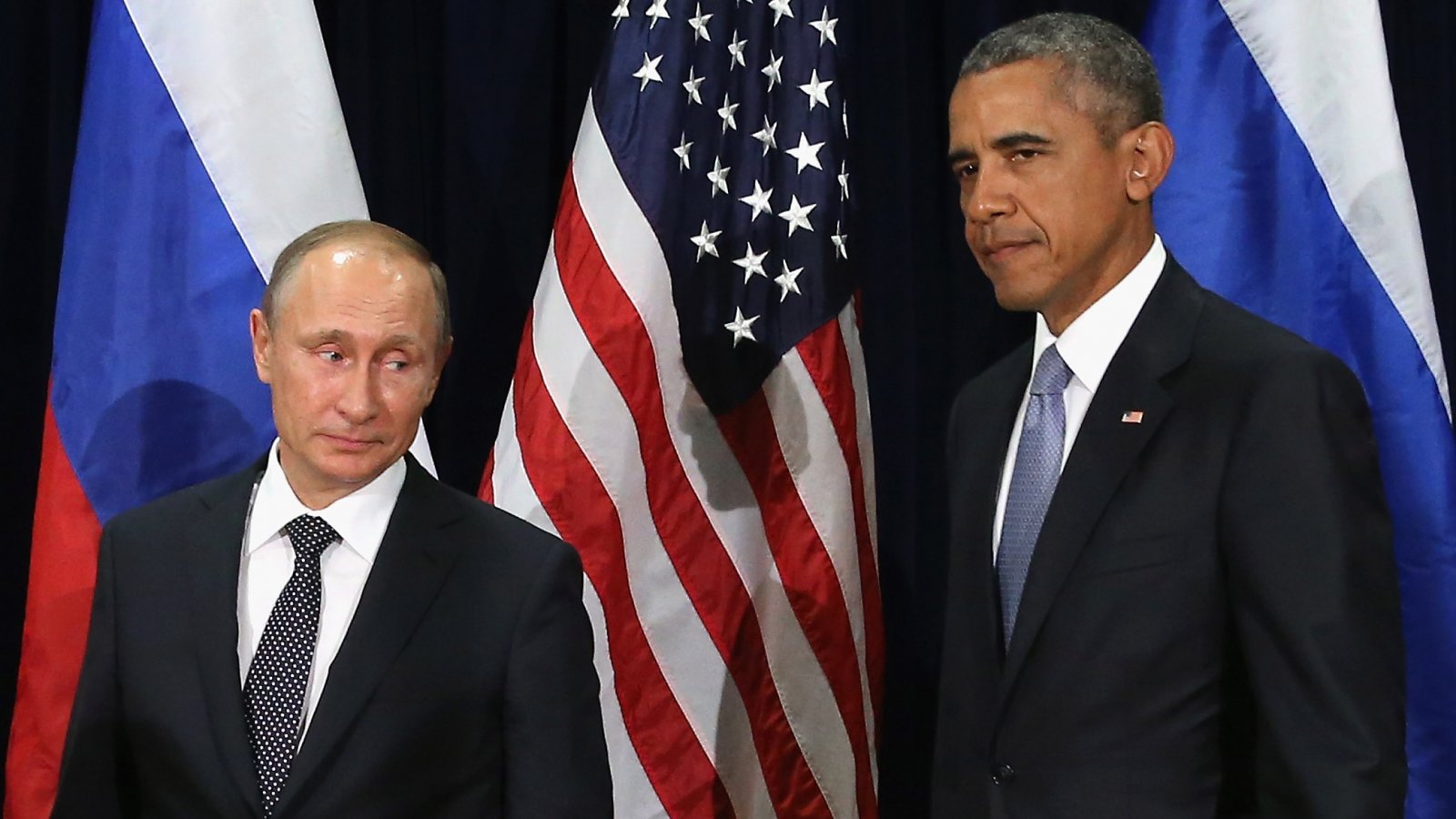
Yahoo News has released the second of two excerpts from the upcoming book "Russian Roulette: The Inside Story of Putin’s War on America and the Election of Donald Trump" by Yahoo News Chief Investigative Correspondent Michael Isikoff and Mother Jones Washington Bureau Chief David Corn.
Today's story speaks to the Obama Administration's response once it realized the full extent of Russia's plot to disrupt the U.S. election. Officials faced the complicated issue of handling national security matters in a manner that did not further upend an already explosive campaign season. Did they make the right choice?
At this point, Obama’s top national security officials were uncertain how to respond. As they would later explain it, any steps they might take — calling out the Russians, imposing sanctions, raising alarms about the penetrations of state systems — could draw greater attention to the issue and maybe even help cause the disorder the Kremlin sought. A high‑profile U.S. government reaction, they worried, could amplify the psychological effects of the Russian attack and help Moscow achieve its end. “There was a concern if we did too much to spin this up into an Obama‑Putin face‑off, it would help the Russians achieve their objectives,” a participant in the principals’ meeting later noted. “It would create chaos, help Trump and hurt Clinton. We had to figure out how to do this in a way so we wouldn’t create an own goal. We had a strong sense of the Hippocratic Oath: Do no harm.”
A parallel concern for them was how the Obama administration could respond to the Russian attack without appearing too partisan. Obama was actively campaigning for Clinton. Would a tough and vocal reaction be seen as a White House attempt to assist Clinton and stick it to Trump? They worried that if a White House effort to counter Russian meddling came across as a political maneuver, that could compromise the ability of the Department of Homeland Security to work with state and local election officials to make sure the voting system was sound. (Was Obama too worried about being perceived as prejudicial or conniving? “Perhaps there was some overcompensation,” a top Obama aide said later.)
(...)
At this point, a group of NSC officials committed to a forceful response to Moscow’s intervention started concocting creative options for cyberattacks that would expand the information war Putin had begun.
Michael Daniel and Celeste Wallander, the National Security Council’s top Russia analyst, were convinced the United States needed to strike back hard against the Russians and make it clear that Moscow had crossed a red line. Words alone wouldn’t do the trick; there had to be consequences. “I wanted to send a signal that we would not tolerate disruptions to our electoral process,” Daniel recalled. His basic argument: “The Russians are going to push as hard as they can until we start pushing back.”
Daniel and Wallander began drafting options for more aggressive responses beyond anything the Obama administration or the U.S. government had ever before contemplated in response to a cyberattack.
(...)
Obama and his top aides did view the challenge at hand differently than the NSC staffers. “The first-order objective directed by President Obama,” McDonough recalled, “was to protect the integrity of election.” Confronting Putin was necessary, Obama believed, but not if it risked blowing up the election. He wanted to make sure whatever action was taken would not lead to a political crisis at home — and with Trump the possibility for that was great. The nation had had more than 200 years of elections and peaceful transitions of power. Obama didn’t want that to end on his watch.
Read the full story: 'Stand down': How the Obama team blew the response to Russian meddling (Yahoo News)
Related: Trump, His Pageant, and Putin